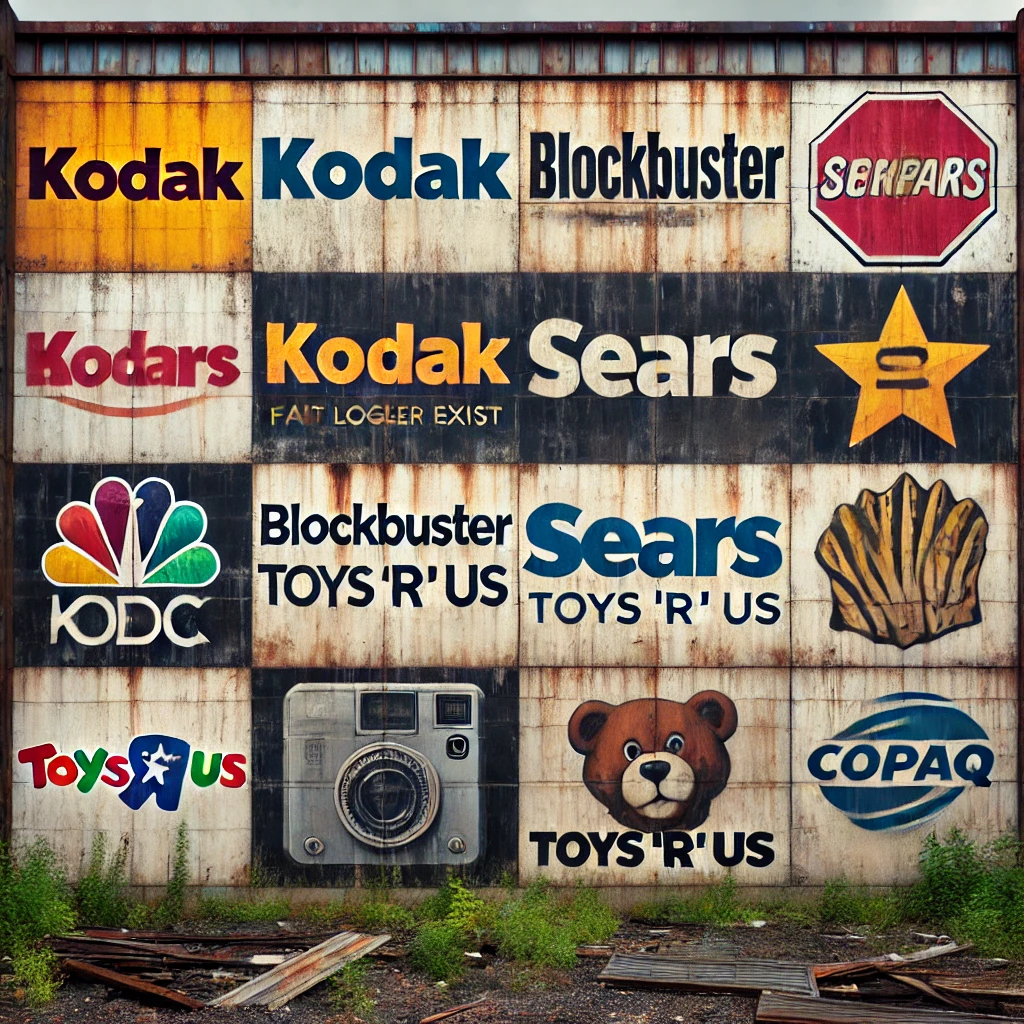Run the Future or Get Left Behind: The Innovation Imperative
Business Innovation ,General Management ,Past ExperienceSeptember 28, 2024
cezanne

Many businesses fall into the trap of focusing primarily on running their operations rather than consistently innovating, leading to stagnation and eventual failure. This flaw has claimed numerous companies over time, including Kodak, Sega, AOL, and Woolworths, all of which struggled to adapt to new market realities or technological advancements.
The Cost of Complacency: Lessons from Failed Giants
Kodak’s failure to embrace digital photography, despite pioneering it, is a textbook example of clinging to established business models rather than innovating. Similarly, Sega, once dominant in gaming, lagged behind competitors by failing to innovate in hardware, leaving it unable to compete with Sony and Microsoft. AOL held onto its outdated dial-up model too long, while Woolworths was slow to adapt to the rise of e-commerce, eventually leading to its collapse.

These failures demonstrate the dangers of focusing solely on maintaining the status quo, highlighting the need for continual innovation.
The Risks Faced by Today’s Giants: Amazon, Google, and Meta
Even today’s tech giants, Amazon, Google, and Meta, face their own vulnerabilities:
- Amazon risks being spread too thin, as it expands into various sectors, from e-commerce and cloud computing to groceries and healthcare. Overextension could dilute its focus and slow down its innovation efforts. Additionally, antitrust scrutiny continues to mount, which could curtail its competitive edge (source: markets.businessinsider.com)(DW).
- Google is overly dependent on search advertising for revenue, and the rise of generative AI could disrupt its core search model. Additionally, its cloud computing arm, Google Cloud, has struggled to outperform strong competitors like Amazon’s AWS and Microsoft’s Azure, raising concerns about the sustainability of its long-term growth(source: markets.businessinsider.com)(DW).
- Meta faces challenges with its ambitious foray into the metaverse, which has yet to yield significant returns. At the same time, Meta remains highly reliant on Facebook and Instagram for advertising revenue, a risky dependence if user engagement falters. Regulatory and privacy issues have also constrained its ability to innovate freely(source: DW).
Companies Avoiding These Pitfalls
In contrast, some companies are successfully avoiding these pitfalls by constantly reinventing themselves.
- Apple remains a prime example of a company that innovates across hardware (iPhones, Macs) and services (App Store, Apple Music, and Apple TV+). By focusing on ecosystem integration, Apple has been able to maintain its competitive edge(markets.businessinsider.com).
- Microsoft has transitioned from a focus on Windows and Office to becoming a leader in cloud computing with Azure. Its strategic partnerships in AI and cloud services have solidified Microsoft as a future-proof innovator(DW).
- Intuit, a leader in financial software, exemplifies innovation in the fintech space. By integrating AI-driven tools into its platforms like QuickBooks and TurboTax, Intuit has enabled small businesses and consumers to automate complex financial tasks. The company’s shift to subscription-based services and cloud computing further showcases its ability to evolve. Intuit’s acquisitions, such as Credit Karma and Mailchimp, have expanded its capabilities, enabling it to innovate in personal finance and marketing solutions(DW).
The Stakes for the Future
If Amazon, Google, and Meta don’t address their respective flaws, they risk falling into the same traps that once claimed Kodak, AOL, and others. Today’s business landscape demands not only operational excellence but also relentless innovation. Studying the failures of the past, as well as the success stories of Apple, Microsoft, and Intuit, demonstrates the importance of staying ahead through bold, forward-thinking strategies.
The key takeaway? Running a business is not enough—continuous innovation is the only way to thrive in an ever-changing market.